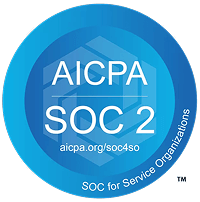The Hidden Cost of 'We'll Fix it Later'

Tristan Wilson
Quality Never Sleeps
The Hidden Cost of 'We'll Fix it Later'
Your essential guide to dominating the construction bidding and building world with the latest tech, market trends, and wisdom.
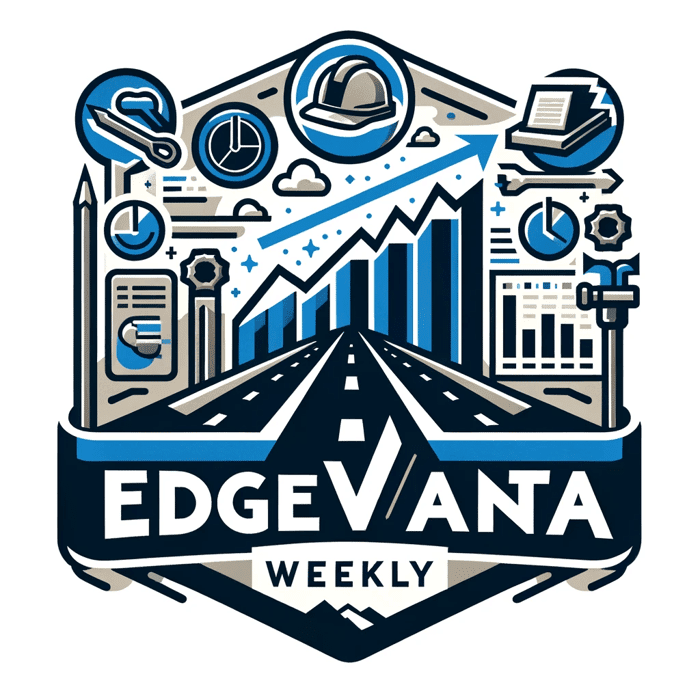
TL;DR:
Quality in construction isn't a destination - it's a continuous journey requiring:
- Authority for people to stop work when quality issues arise
- Immediate fixes for mistakes, as delays multiply costs
- Regular field presence from management focused on praising good work
- Systematic tracking of rework costs
- Creating a culture where quality is easier than cutting corners
- Building systems that catch issues early and reward excellence
The key message: Quality requires constant attention and erodes the moment you take your eyes off it. Details below 👇.
Quality is about more than just following specs - it's about building a culture where every person on your team has the power to stop work when something isn't right. The best contractors don't view quality as a cost center but as their competitive advantage. When you mess up (and we all do), it’s best to own it fast and fix it fast.
I was 22 years old when I learned my first hard lesson about quality. Fresh out of college, I instructed a crew to install 25 noise wall panels in the wrong spot. I was trying to accelerate an operation that was bleeding money, and in my haste, I completely botched it by overlooking a note on the drawings that required epoxy coated rebar in specific locations. We had to tell the Owner we screwed up, then remove and reset every panel at night under traffic. Not fun.
Every single day in our industry, work gets torn out and replaced because it wasn't done right the first time. And it's not because our people don't care. It's because somewhere along the line, we've created systems that make it harder to do things right than wrong. A mentor told me early on that it costs 5X more to do rework than doing it right the first time.
Learning from Manufacturing
In the 1970s, Toyota revolutionized manufacturing by giving every worker on their assembly line the power to stop production if they saw a quality issue. They installed "Andon cords" - physical ropes that any worker could pull to halt the entire line. This was part of a larger philosophy called "Lean" that focused on eliminating waste and continuous improvement.
The construction industry has embraced these Lean principles, adapting them for our unique challenges. One key concept is "the last planner" - pushing decision-making to the folks actually doing the work. Another is "pull planning" - working backward from milestones to ensure every trade knows exactly when and where they need to be. And my favorite: Complete one area 100% before moving to the next.
I've learned these lessons the hard way. We once had to repave a walking path twice (yes, twice!) because someone thought laying 4" of asphalt in one lift was a good idea while the superintendent was on vacation. That's the kind of mistake that hits both your wallet and your pride. It violated a core Lean principle: do it right the first time.
But I've also seen what excellence looks like when Lean principles are followed: A crew laying down a 31 IRI on a three-lane overlay. A $15 million project completed with zero rework. These aren't miracles - they were the result of a culture that put quality first and great people stepping up.
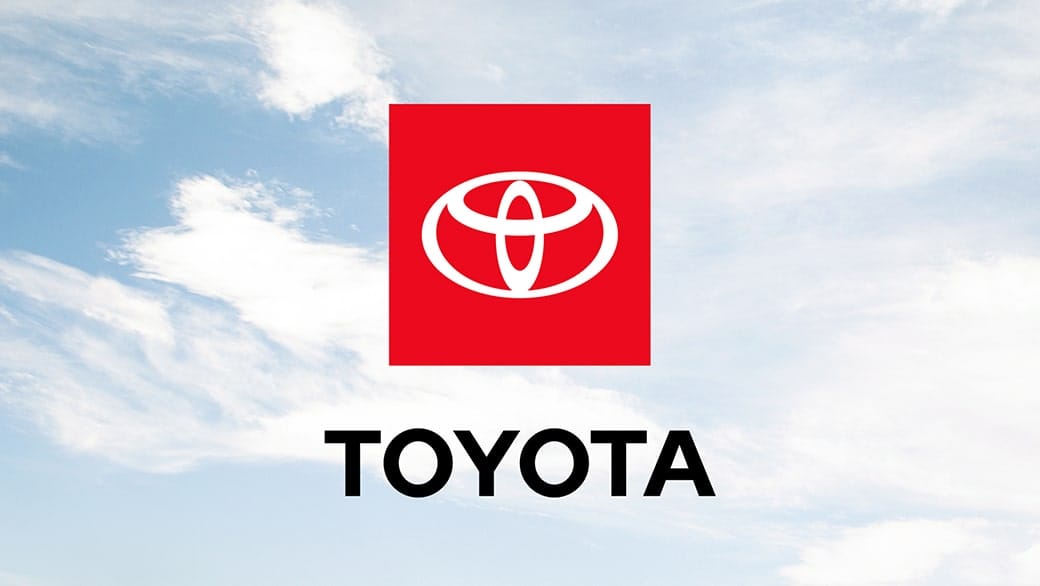
Photo Credit: Toyota
The Never-Ending Journey
Quality is not a destination, it's a journey. The second you think you've "arrived" at perfect quality is the moment things start sliding backward. It's like a garden - stop weeding for a week, and suddenly the weeds take over.
The most successful contractors I know treat quality like a living thing that needs constant attention. They're out in the field every day, not just when there are problems. They understand that your feet need to hit the ground and your eyes need to see the work.
The Power of Presence
Nothing kills quality faster than an office-bound management team. When was the last time you walked your jobs just to give out praise? Not to fix problems, not to point out issues, but simply to catch people doing things right?
Some of the best quality programs I've seen start with managers in the field doing nothing but looking for good work to praise. Not inspecting, not problem-solving - just seeking out excellence to recognize. It's amazing how quality improves when people know someone cares enough to notice their best work.
Building a Quality Culture
Here's what I've learned about making quality work the standard, not the exception:
- Push Power Down
- Give your people on the ground the authority to stop work when something isn't right. The craftsperson who spots a problem early is worth their weight in gold.
- Make It Public
- Celebrate quality work loudly and proudly. When a crew nails a perfect pour or achieves exceptional smoothness numbers, make sure everyone knows about it. Pride in craftsmanship is contagious.
- Own Your Mistakes
- When you mess up (and you will), fix it immediately. The longer you wait, the more expensive and embarrassing it becomes.
- Track Every Penny
- Measure rework costs religiously and don't let anyone fudge the numbers. When people see the real cost of doing things twice, behaviors change quickly.
- Train Relentlessly
- Quality isn't an accident - it's a habit built through constant training and clear expectations. Your newest hire should be educated on quality standards just as they would safety requirements.
What World-Class Looks Like
We've heard about some fascinating approaches to quality in our industry:
- Visual Standards
- One contractor posts large photos of both excellent and poor quality work in their job trailers, using them as teaching tools in weekly meetings. The good photos show what's possible; the bad ones ensure mistakes aren't repeated.
- Quality Incentives
- Another contractor ties their bonus program directly to rework costs. If a crew goes a month without any quality-related rework, every member gets a bonus. Simple, immediate, and effective.
- Technology as a Tool
- Some contractors are using 3D scanning to verify work before it's covered up. We heard about one operation that reduced their rework on underground utilities by 70% by scanning every installation before backfill.
- Three Sets of Eyes
- Another approach requires three different people to sign off on any operation that can't be easily fixed later (e.g. bridge deck pours, waterline tie-ins). This creates shared responsibility for quality and catches issues early.
- First Run Studies
- Before starting any major operation, one contractor runs a complete mock-up with the actual crew that will do the work. They document everything, make adjustments, and create a standard for expectations.
- The Power of "Done-Done"
- Lean teaches us to completely finish work in one area before moving to the next. No more "we'll come back and fix that later." When you leave an area, it should be 100% complete and ready for the next trade. This dramatically reduces rework and coordination headaches.
The Last Word
The final thing anyone sees after you've built a subdivision, parking lot, or paved a road is the finished product. You can't hide poor quality, and you can't explain it away. Your work speaks for you long after you've moved on to the next job.
There's no greater joy in construction than finishing a project that's damn near perfect. Getting there is about creating systems that make quality work easier than cutting corners. It's about building a culture where every person on your team feels responsible for the end result. And when you come back years later, you and everyone involved feels immense pride. It really matters.
I'd love to hear from you - how do you ensure quality on your projects? What systems have you put in place that work? Drop me a line below and let me know.
Thanks for reading this week.
"Quality means doing it right when no one is looking." - Henry Ford
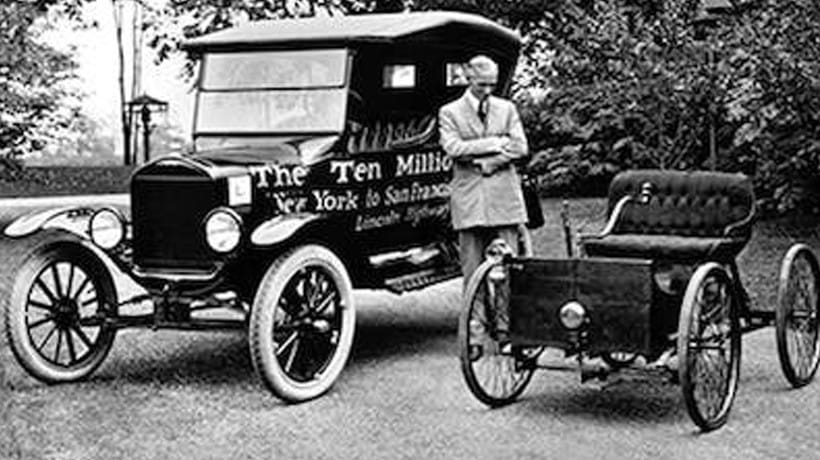
Photo Credit: Ford Foundation

.avif)
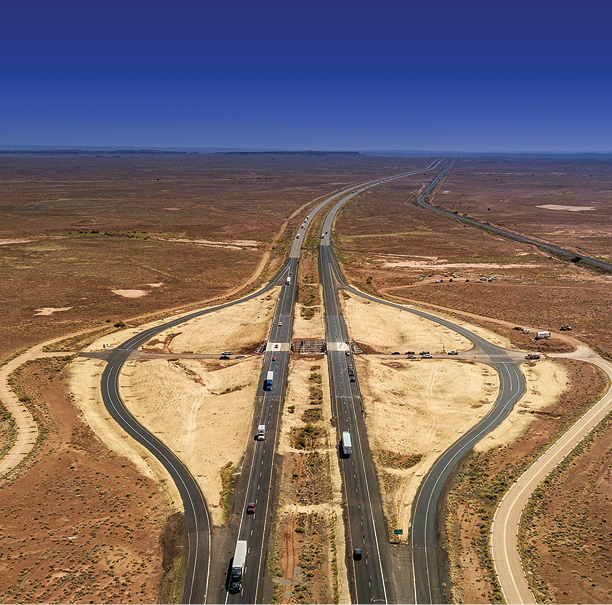
.avif)
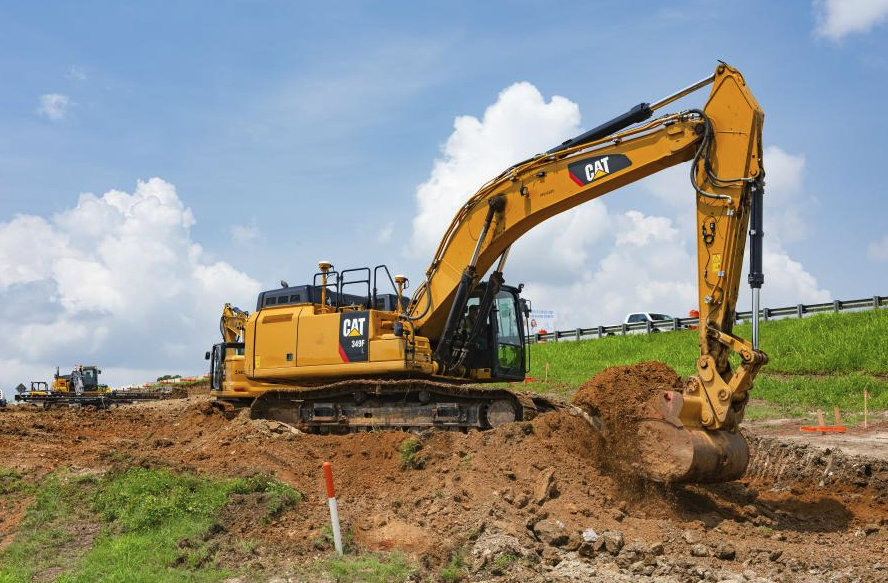

.svg)

